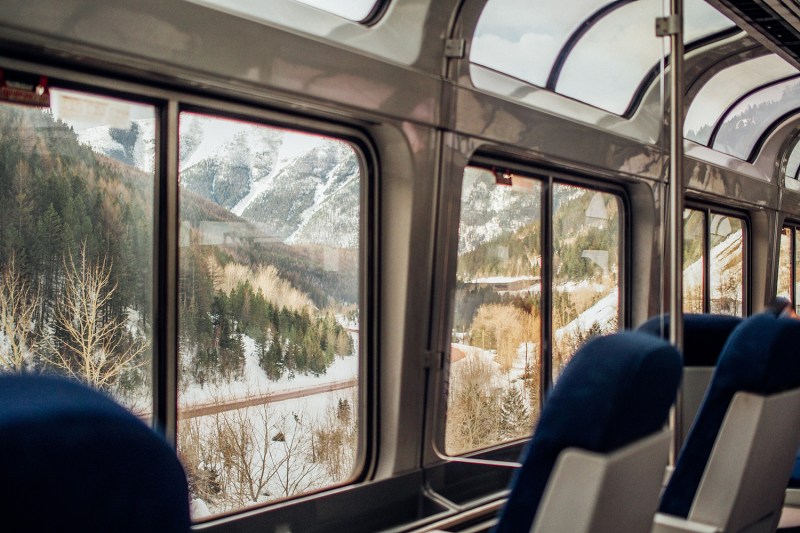Every new year brings a wave of articles encouraging travelers to make this the year that they travel greener. Now, more than ever, most of us are more conscious and conscientious of the ways our travel impacts the world around us. But, clearly, there is still work to be done. Here are five simple ways to travel greener in 2020 and beyond.
Use a Portable Water Purifier
Almost one million plastic bottles are purchased around the world every minute. While more developed countries recycle some of that waste, it’s often burned or discarded with regular trash in less developed areas of the world. In case it’s not obvious, relying on filtered, rather than bottled, water is a great way to reduce your footprint at home and while traveling. Most portable water purifiers are compact, USB-rechargeable, and effective at killing 99.9% percent of bacteria, viruses, and protozoa. Pair one with the water bottle you’re already using at home, and you have an almost limitless supply of fresh, clean water to drink no matter where you go. To seriously up your hydration game, check out the self-cleaning water bottle from Larq.

Skip the Single-Use Plastics
Most of us appreciate the benefits of ditching single-use water bottles in favor of reusable alternatives. For all the same reasons, travelers can go a step further by ditching plastic straws and stirrers on planes and at hotels and resorts. Pack a washable silicone or metal straw instead. Likewise, reusable flatware kits (with at least a fork, spoon, and knife) are inexpensive and help further eliminate plastic waste while on the road.
Cut Back on Air Travel
For most of us, eliminating air travel altogether isn’t realistic. For domestic trips, consider traveling by train or car whenever possible, even if it’s just one trip per year. Driving and rail travel are two of the greatest ways to see the U.S. and beyond. They force you to slow down and experience your surroundings in a way that flying just can’t match. They’re also much, much better for the environment. According to the BBC, gas emissions from domestic air travel add up to roughly 254 grams per passenger per kilometer traveled. Travel by car or train is significantly less at 43 grams and 41 grams, respectively.

Shop Local
The “shop local” movement has grown considerably in the United States. It not only helps bolster local economies, but it also reduces carbon emissions by limiting the transportation (and subsequent pollution) required to ship products from point to point. Wherever you travel, find local markets rather than corporate chains where food and other essentials are more likely to be produced by locals from the surrounding community.
Stay Local Too
Hotels are finally realizing that savvy consumers demand more environmental accountability from the companies they patronize. Still, resorts and larger hotels are among the most wasteful travel-related businesses on the planet. Consider “staying local” — at a guesthouse or Airbnb, for example. Local owners are more likely to have stronger community ties and a vested interest in maintaining green practices in their own properties and their neighborhoods.



